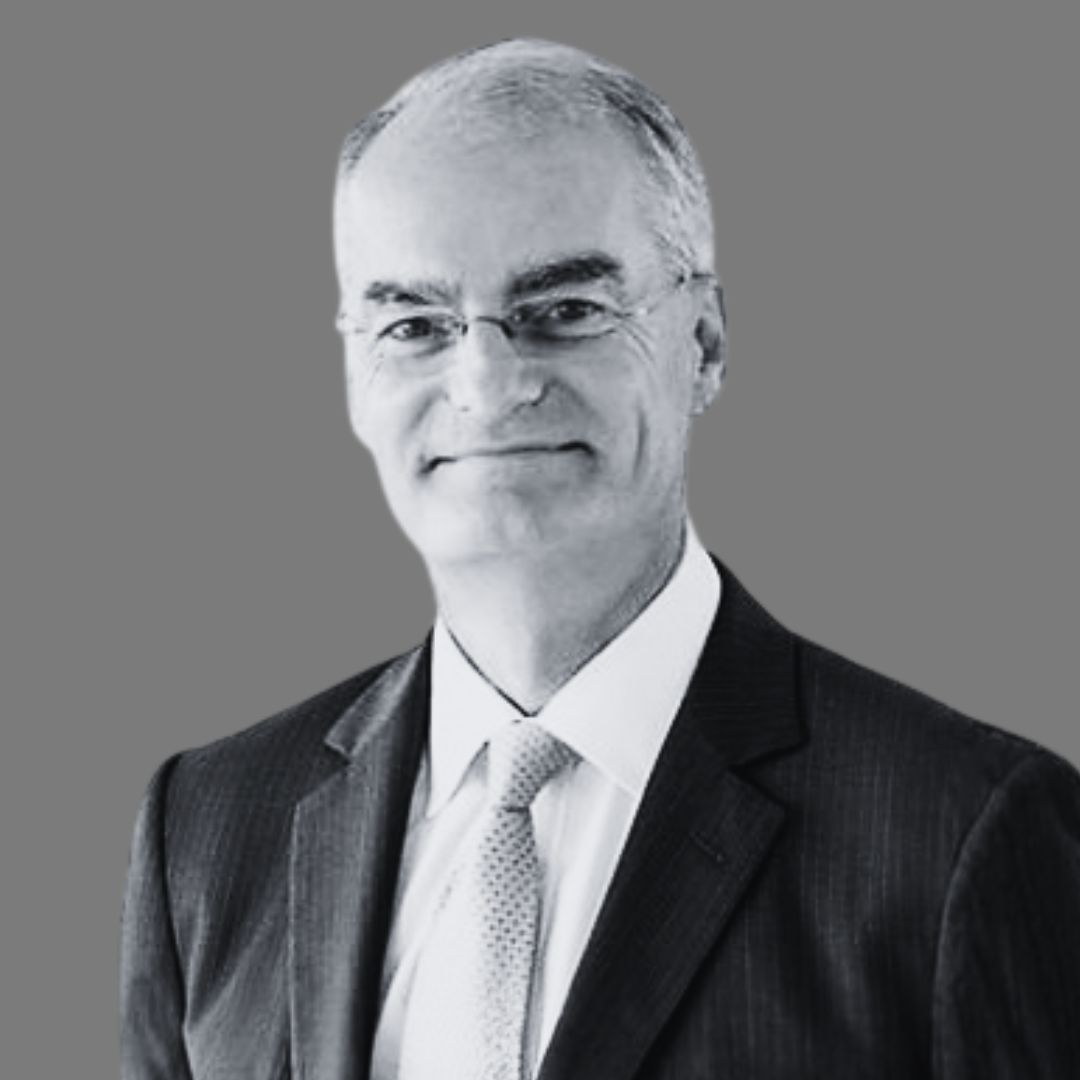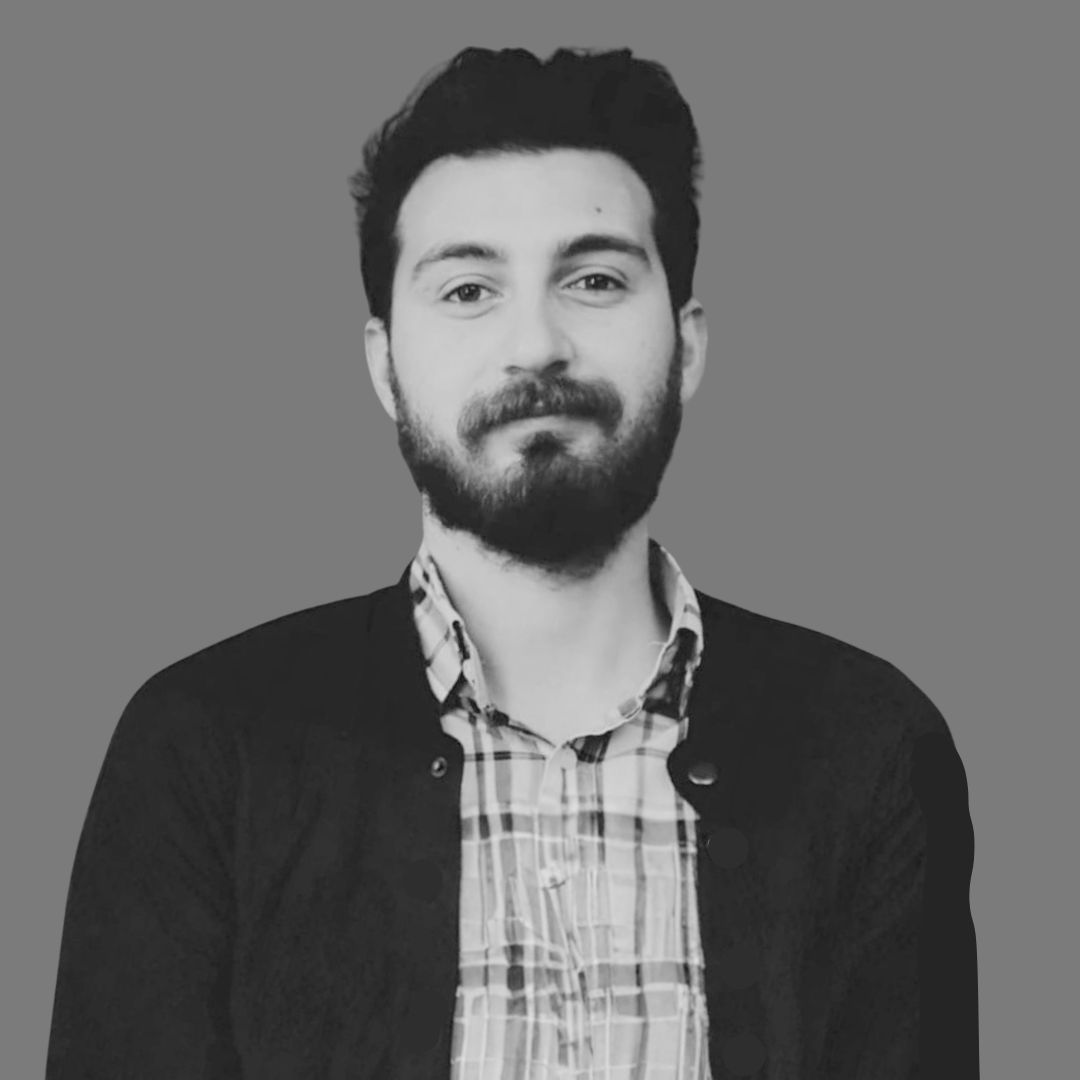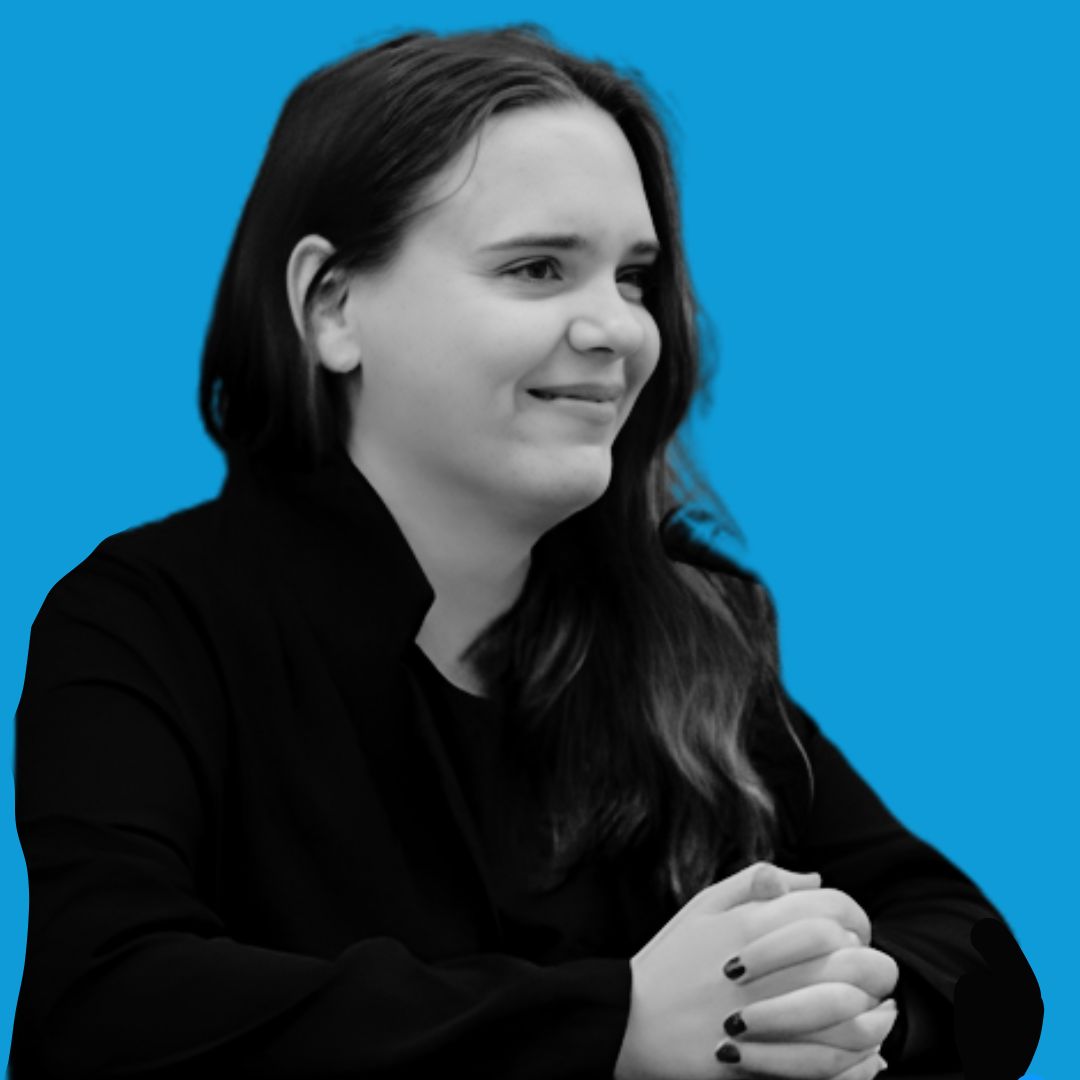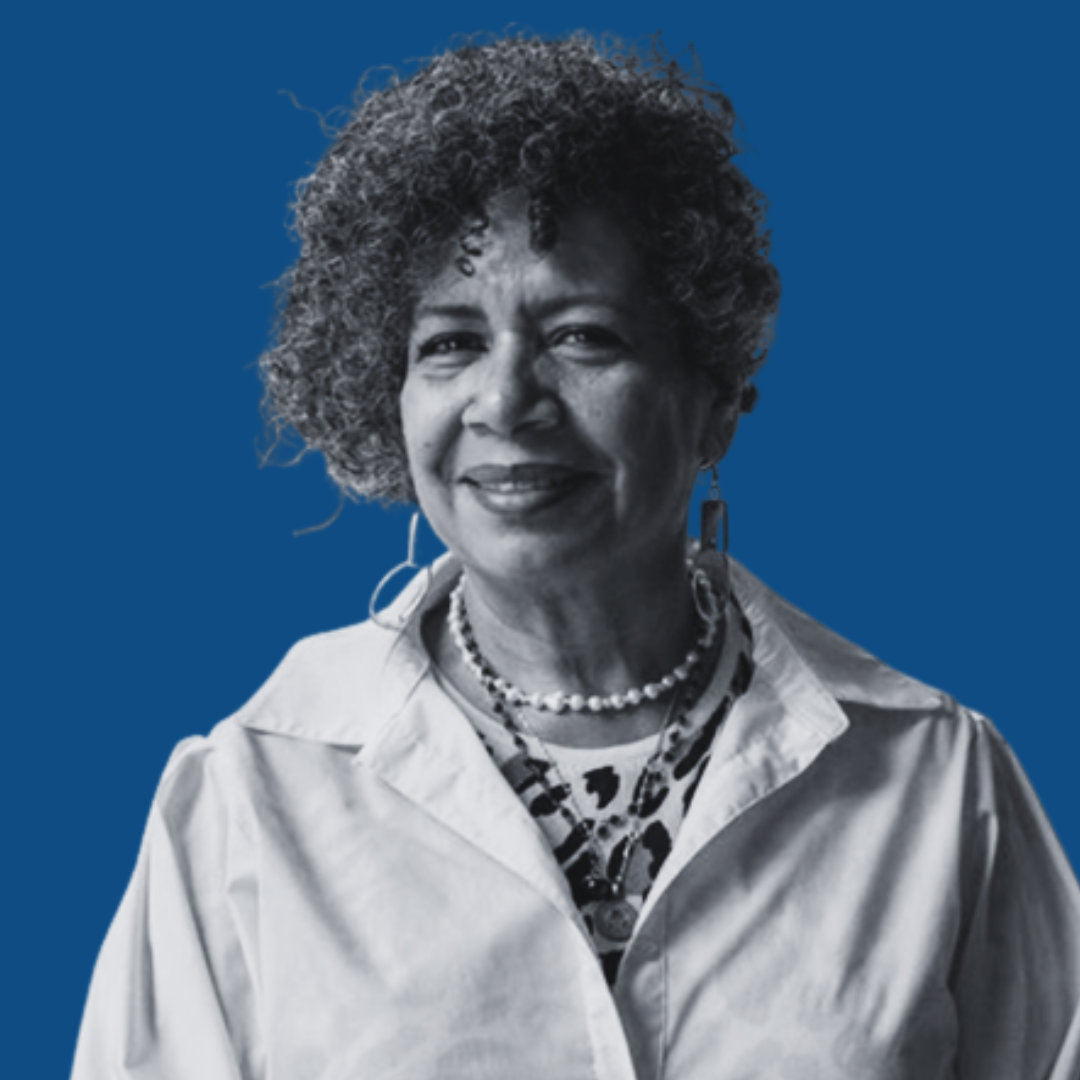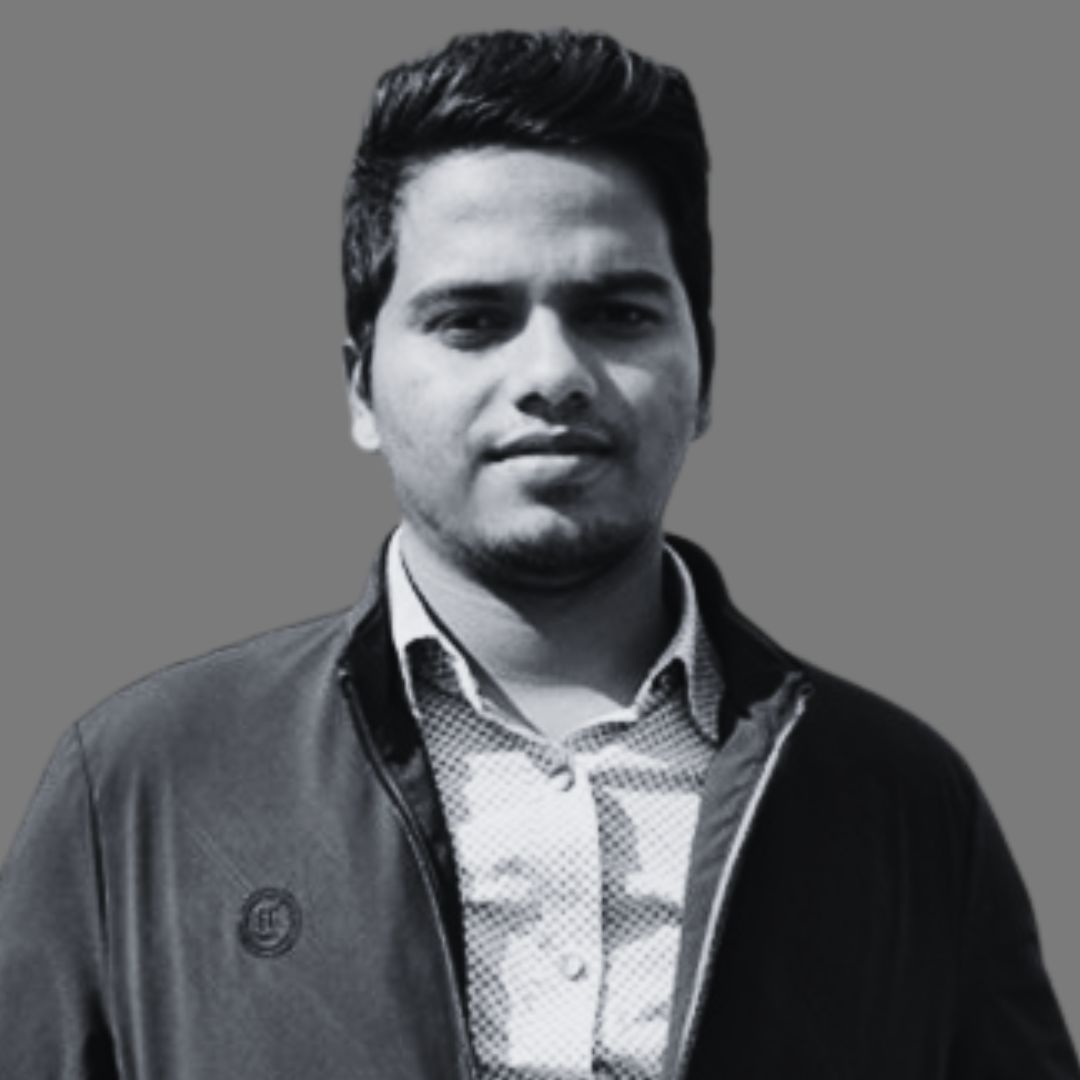Interviews
CIVICUS speaks with Hugh Dugan of the Truce Foundation, a civil society organisation inspired by the Olympic Truce that promotes Olympic values of excellence, fair play, respect and unity.




